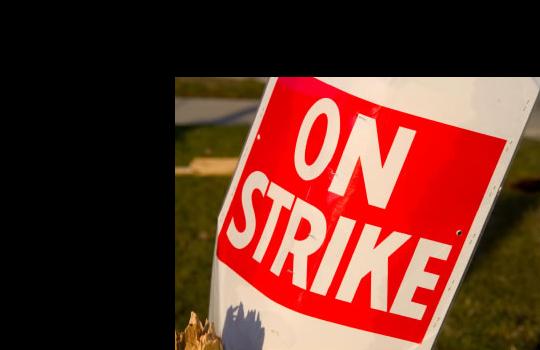Health service unions are planning to launch a series of targeted, rolling strikes this autumn rather than a mass walkout if pension negotiations with the coalition government fail as expected.
The news came to light after Unison, which represents 460,000 NHS workers, hosted a meeting with other unions in London on Wednesday, in order to plan their first ever NHS-wide strike. The meeting was attended by the British Medical Association, the Royal College of Nursing, the British Dental Association, Unite and the GMB.
According to the Guardian, the unions agreed to form a new campaigning group to come up with possible plans for NHS-wide industrial action, which could comprise "smart" strike action. The idea is that, while much of the health service would be disrupted with activities such as elective surgery and non-crucial appointments being cancelled, minimum levels of service and patient safety would be guaranteed.
The tactics are intended to ensure that the coalition government suffers maximum discomfort without taking the risk of jeopardising public sympathy. Many unions now agree that the public will not tolerate 1980s-style action and, therefore, are looking for more sophisticated ways of dealing with the issue.
But the joint group said in statement: "The unions remain committed to pension negotiations and expect the government to reciprocate and not set out unrealistic timetables or ultimatums. One of the clear aims of the campaign group is to ensure that patient safety remains paramount."
It would also look into all issues relating to pensions negotiations, including the possibility of industrial action in the event that the talks fail to make progress, it added.
Christina McAnea, Unison’s national secretary for health, had said before the meeting: “There has never been full-scale industrial action in the health service. This is the first time all the groups have come together to talk about it. Industrial action in the NHS could be massive.”










